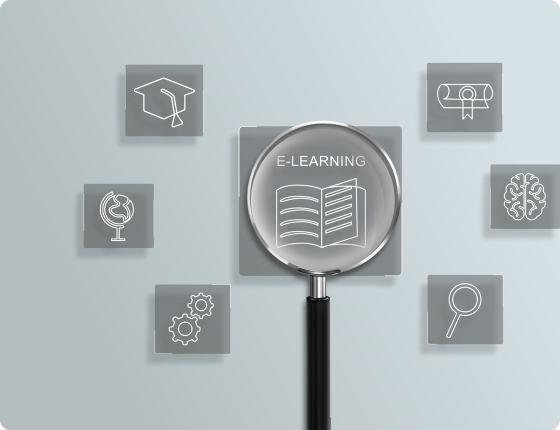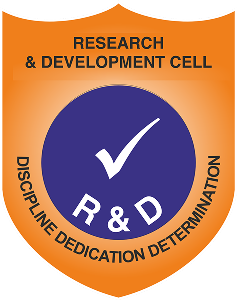Foundation Programs
Foundation Programs

Our Foundation Programs are carefully crafted to familiarize early-stage Ph.D. researchers with the basics of research. These programs form the foundation for acquiring a sound research orientation and basic skills that serve as the foundation of scholarly research. By alternating between theory sessions, demonstrations, and exercises with guidance, the participants develop an all-around understanding of research concepts and practices.

Introduction to Research & Types
This introductory module exposes participants to the meaning of research, its use in academic and professional environments, and the research study types. Participants learn the differences between qualitative, quantitative, and mixed methods research and their uses in different research environments. The module addresses the process of research, from identifying the problem to dissemination of results, in order to present an integrated overview of the research process. Through a discussion of exemplary studies, participants learn to appreciate methodological variation and the role of matching research methods with research queries.

Variables Identification: Selection and Classification
This introductory module is where participants are introduced to the work of variable selection and classification that is integral to research. Participants are taught how to select relevant and quantifiable variables and learn their functions in a study. The module discusses the selection criteria for variables, how to categorize them by their purpose, and why proper selection of variables is essential for research clarity and validity. It describes how variables are placed in various sections of a research paper, including the problem statement, hypothesis, methodology, and data analysis. By using practical exercises and examples, participants are able to learn skills necessary for effective selection and classification of variables, providing a solid groundwork for meaningful and rigorous research.

Development of Research Problems
This module addresses the key skill of defining and developing research problems that are rigorously academic and practically important. Participants learn to identify gaps in research through systematic literature review, narrow down broad research interests into clear research questions, and make testable hypotheses. The module stresses the centrality of problem formulation as the basis of successful research, taking participants through exercises that enable them to sharpen their research ideas and formulate well-defined, concise research problems. Particular care is taken in ensuring that research problems contribute significantly to what is already known as well as to real-world problems.

Basics of Literature Review (Google Scholar, Publish or Perish)
This hands-on module acquaints learners with the art and science of performing systematic literature reviews. Learners learn how to use digital databases and search engines like Google Scholar and Publish or Perish tools to find, assess, and synthesize applicable literature. The module addresses search strategies, citation analysis, and critical appraisal of research papers. Participants learn practical skills in structuring their literature, determining the major debates and issues, and locating their own research in the context of the larger body of work. The module also teaches approaches to handling references and preventing information overload when carrying out the literature review.

How to Write a Research Paper (IMRAD Structure)
This module dissolves the mystique surrounding writing research papers for journals and conferences. Participants understand the conventional IMRAD (Introduction, Methods, Results, and Discussion) format and its modifications for different fields. The module explains each section elaborately, giving tips on writing engaging introductions, outlining methods clearly, reporting results concisely, and formulating thoughtful discussions. Participants are also introduced to abstracts, keywords, and references and how they can increase the visibility and influence of their papers. By reading published articles and guided writing sessions, participants learn to effectively present their research to academic readers.

Tools: Intro to SPSS, AMOS, R, NVivo, Python (Demo-based)
The far-reaching module familiarizes participants with an array of computer programs frequently used to analyze research data. By demonstrations and guided practice, users become familiar with statistical programs such as SPSS for elementary data analysis, AMOS for structural equation modeling, R for advanced statistical programming, NVivo for qualitative analysis, and Python for data science tasks. The module emphasizes the fundamental functionalities and uses of each tool to enable users to know which tools are suitable for addressing different kinds of research questions and data. This exposure allows participants to make informed choices regarding which tools to further pursue in depth based on their individual research requirements.


